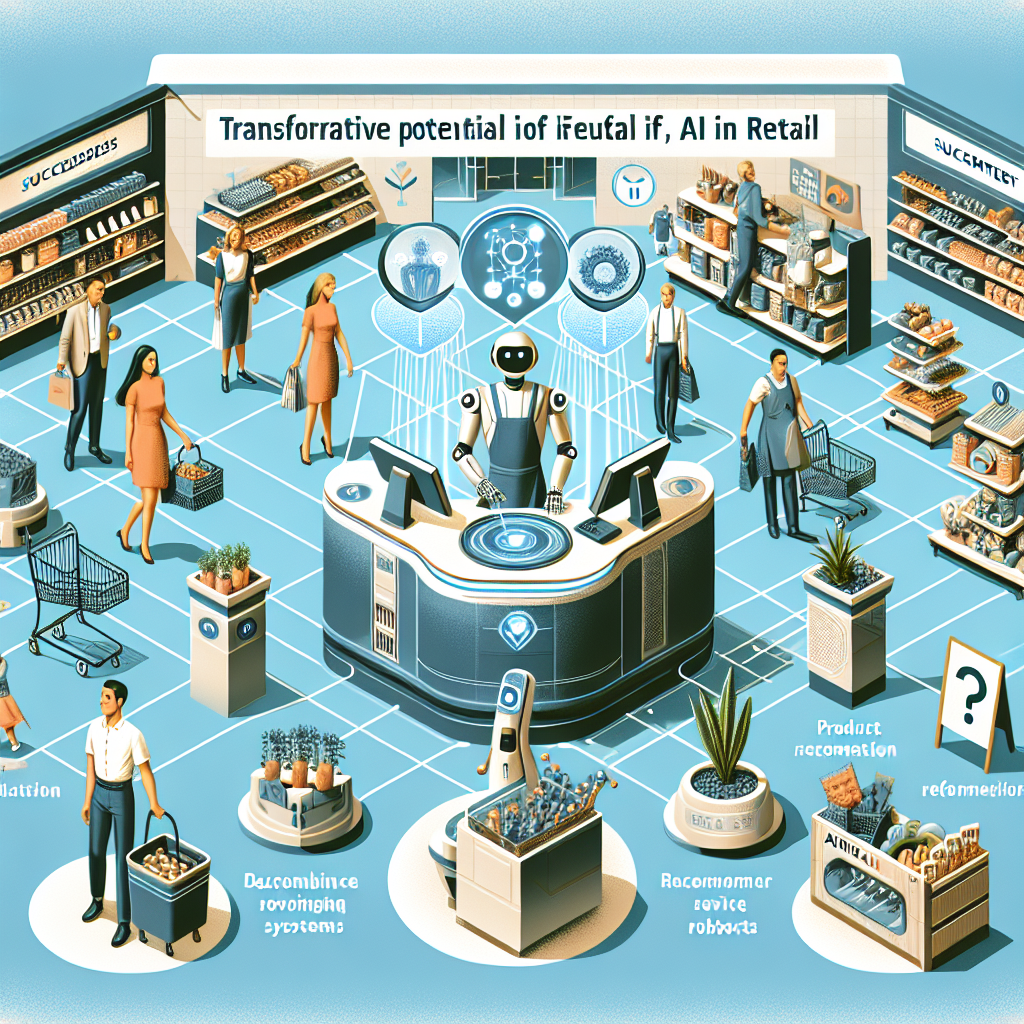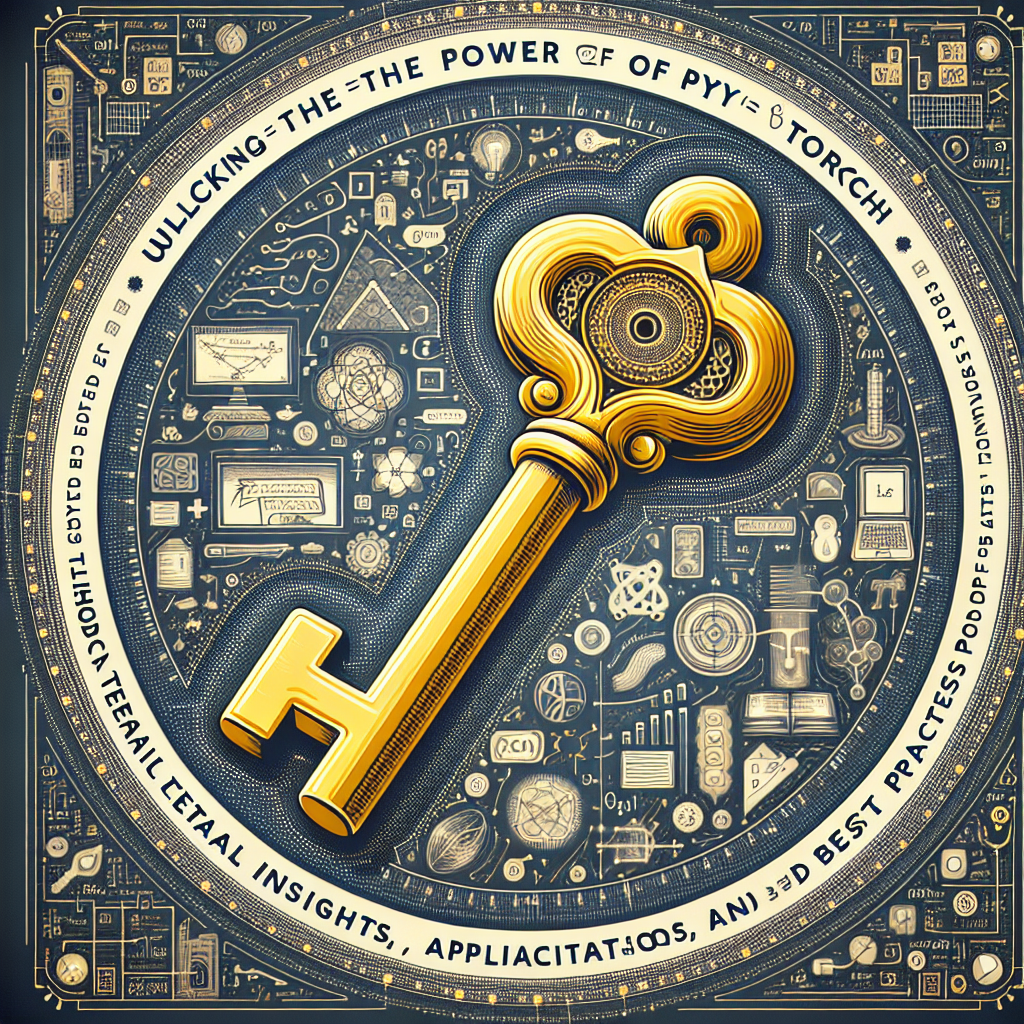AI in Retail: Transformative Use Cases, Success Stories, and Challenges

The retail industry is witnessing a profound transformation through the integration of Artificial Intelligence (AI). From personalized shopping experiences to supply chain optimization, AI is redefining how retailers operate and interact with customers. In this blog post, we’ll explore various use cases of AI in retail, share some success stories, and discuss the challenges and lessons learned along the way.
Personalized Shopping Experiences
AI is empowering retailers to offer highly personalized shopping experiences. Companies like Amazon and Netflix use AI algorithms to analyze user behavior, preferences, and purchase history to recommend products and content tailored to individual tastes. This not only improves customer satisfaction but also increases sales and customer loyalty.
However, personalization can sometimes go awry. A retailer experienced backlash when their recommendation system suggested inappropriate products, highlighting the need for robust algorithms that can understand context and user sensitivities better. Ensuring transparency and giving customers control over personalization settings can help mitigate these issues.
Inventory Management and Demand Forecasting
AI is revolutionizing inventory management and demand forecasting. Retail giants like Walmart and Zara use AI to analyze sales data, seasonal trends, and market conditions to predict demand and optimize inventory levels. This reduces the risk of overstocking or stockouts and enhances operational efficiency.
Despite its advantages, the implementation of AI in inventory management can face hurdles. A retailer found that their AI model failed during an unprecedented market shift, leading to significant losses. This underscores the importance of continuously updating models with real-time data and incorporating human judgment to handle unexpected events.
Customer Service Chatbots
AI-powered chatbots are transforming customer service in retail. Retailers like H&M and Sephora deploy AI chatbots to assist customers with queries, help them find products, and streamline the checkout process. These chatbots use natural language processing (NLP) to provide instant, 24/7 support, enhancing the overall customer experience.
Yet, challenges remain. Some customers reported frustration when chatbots failed to understand complex queries or offered irrelevant responses. This highlights the need for ongoing training and refinement of NLP algorithms to ensure chatbots can handle a wide range of customer interactions effectively.
Visual Search and Virtual Try-Ons
AI is enhancing the shopping experience through innovative features like visual search and virtual try-ons. Platforms like ASOS and Warby Parker use AI to enable customers to upload images of products they like or virtually try on clothing and accessories, making the shopping process more interactive and engaging.
However, implementing these technologies can pose challenges. Some retailers faced issues with the accuracy of virtual try-ons, leading to customer dissatisfaction. This emphasizes the importance of continually improving AI models and ensuring they work seamlessly across various devices and conditions.
Fraud Detection and Prevention
AI is bolstering fraud detection and prevention in the retail sector. Companies like Best Buy and Target use AI algorithms to monitor transactions and detect suspicious activities in real-time. This helps in preventing fraudulent transactions, reducing losses, and protecting customer data.
Despite its effectiveness, fraud detection systems can produce false positives. A retailer experienced customer pushback when genuine transactions were flagged as fraudulent, highlighting the need for a balanced approach that minimizes false positives while effectively detecting fraudulent activities.
Supply Chain Optimization
AI is streamlining supply chain operations for retailers. Companies like Uniqlo and IKEA leverage AI to optimize logistics, manage suppliers, and ensure timely delivery of products. AI-driven supply chain optimization reduces costs, improves efficiency, and enhances customer satisfaction.
However, optimizing the supply chain with AI can encounter setbacks. A retailer faced disruptions when their AI system misjudged supplier reliability, causing delays. This underscores the need for rigorous vetting of AI recommendations and maintaining strong supplier relationships to ensure smooth operations.
The Future of AI in Retail
The future of AI in retail is promising with advancements in omnichannel retailing, AI-driven marketing strategies, and hyper-personalized customer experiences. AI's capabilities in data analysis, automation, and predictive insights will continue to drive significant innovations, shaping the future of the retail industry.
To fully leverage AI's potential in retail, addressing ethical considerations, ensuring data privacy, and fostering collaboration between technologists and retail professionals are crucial. A balanced approach that combines AI technology with human expertise will be key to navigating the complexities and opportunities that AI brings to the retail sector.
In conclusion, AI is transforming the retail landscape through personalized shopping experiences, inventory management, customer service chatbots, visual search, fraud detection, and supply chain optimization. Success stories from companies like Amazon and Walmart showcase AI's transformative impact, while challenges highlight the need for continuous refinement and ethical practices. As AI technology advances, its role in retail will expand, offering new opportunities for innovation, efficiency, and enhanced customer experiences.



